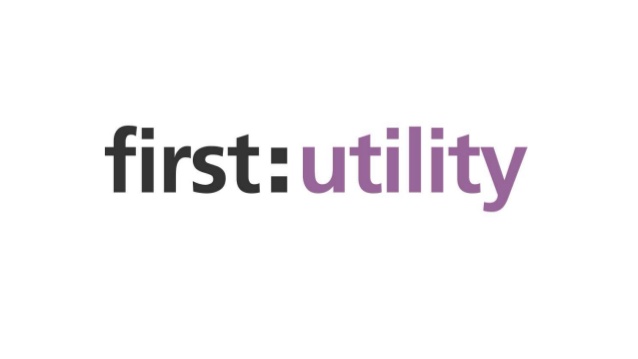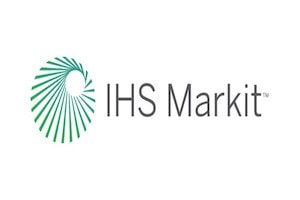A Quick intro for the SME as to what ERP is, and why might it be useful for a growing business. A guest post from Sirius partner uzERP, experts in Open Source ERP for the Enterprise.
Introduction
There are many essential processes involved in running any organisation, no matter its size....
- Sales
- Operations & Service delivery
- Finance
- Project management
... and that’s just scratching the surface. The sheer number and complexity of functions that need to be co-ordinated can seem overwhelming even in a relatively small company.
As businesses succeed and grow, their processes necessarily become more complex, the number of transactions and interactions increase and it becomes more difficult to keep an eye on what’s happening in every area of the business. In addition, in today's globally connected and competitive world, everything is time critical meaning accurate and up to date information is essential.
The Fix
This is where ERP – Enterprise Resource Planning – comes in.
Falling back on Wikipedia for a definition is a start point but not much more...
ERP is usually referred to as a category of business management software—typically a suite of integrated applications —that an organization can use to collect, store, manage, and interpret data from many business activities.
So not much "Resource Planning" there then.....
More helpfully, perhaps, ERP can be thought of as a generic term for systems that can be used to integrate discrete tasks into a single process thereby helping to break down the barriers that can form between various areas of a business. In addition such systems can be used to automate core functions such as order fulfillment and payment processes.
An example of this is the 'order-to-cash' process. A smaller company might have non-integrating, possibly manual or spreadsheet based, systems for managing incoming orders, organising warehousing/fulfillment operations, invoicing despatched goods and finally credit control activities to collect the cash. An ERP system would tie these processes together so that at each step the incoming order can be tracked and the data required to fulfil and deliver to the customer is readily available. Once this is done the order can be automatically invoiced and at a later stage reminders sent if it becomes overdue.
ERP systems are made up of different modules that are designed to seamlessly integrate and share data, the objective being better handover between departments and improved visibility of information in crucial areas. If implemented correctly they take the friction out of important processes leading to improved performance - in the example above this might lead to higher 'On-Time In-Full' delivery performance combined with lower working capital requirements through better stock management and reduced debtor days.
But my business is 'small'... I'm not an Enterprise
Although it includes the term “Enterprise”, which to most people is indicative of large-scale businesses, ERP systems are increasingly being adopted by many small and medium businesses especially in manufacturing. In the UK at least these are termed 'SME' - so most definitely they are Enterprises!
Even in the smallest of businesses, if you take a step back, it is relatively simple to spot some of the signs that the company could benefit from a more integrated approach to process and data management. If teams are spending more time than they should be on administrative tasks, are over-reliant on complex spreadsheets, or using simple single-user accounting systems more suitable for micro businesses, then these are indicators that it might be time to implement a better, more integrated, solution.
This situation doesn't come about by accident and there is a familiar pattern that emerges, especially in smaller or fast growing businesses with a "physical fulfillment" dimension to their operations. Over time, each department implements its own solution to particular front-of-mind problems as they come up. This means that processes differ from team to team, data entry, for example, is duplicated, leading to inefficiencies, inconsistencies and an increased risk of error. Eventually the company ends up with a 'patchwork' system making it difficult to enforce standards to get a consistent overview of performance.
As a business grows, or there are other external pressures from the market, this situation becomes increasingly problematic. Maintaining the agility and levels of service that were possible as a small company is very difficult - output quality and consistency can take a hit, costs are higher leading to lower profits and working capital needs rise, when all employees and processes are not acting in a coordinated manner.
In Summary
A well implemented ERP system can transform even relatively small businesses – reducing costs, minimising duplication, saving time and decreasing the risk of delays or errors caused by misinformation. In summary and ERP system can be used to:
- Manage Inventory - Keep cash in the bank and out of the warehouse
- Deliver on-time and in-full - Serve customers on-time, with the information needed available to all departments to improve your customer experience
- Improve cashflow - Cash really is king and cashflow is the lifeblood of any business, large or small
- Increase productivity - Work more efficiently with standardized business processes and information reducing costs and improving profits
- Make better decisions - Access to information from anywhere within the company to improve decision making across the business
If any of the above chime with your current experience, then perhaps its time to think about implementing an ERP system in your company.
Martyn Shiner - Consultant, uzERP LLP
















































